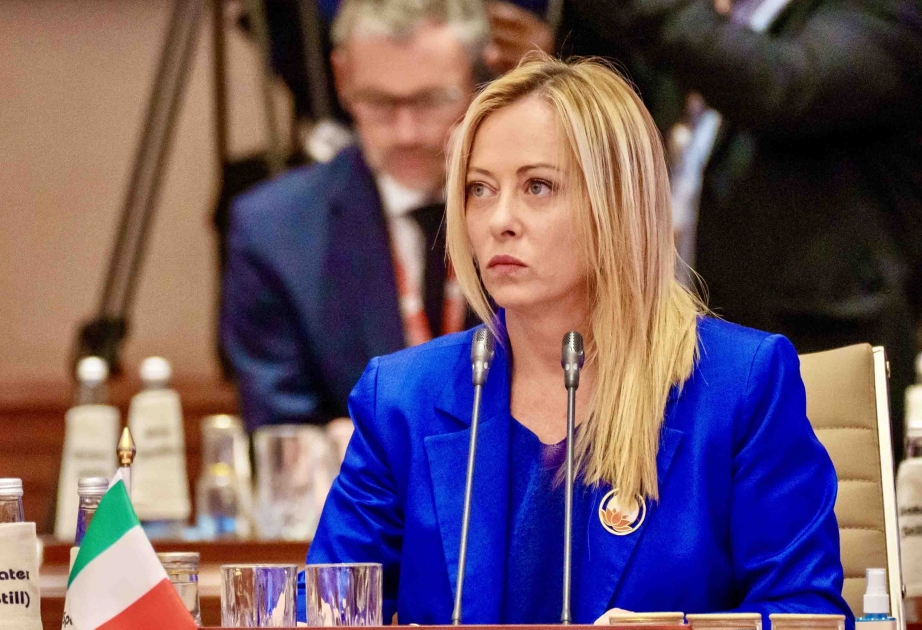In a significant development on Wednesday, the U.S. Senate witnessed a deadlock over an emergency spending bill intended to allocate billions of dollars in new security assistance for both Ukraine and Israel. The impasse arose as Republicans pressed for tougher measures to address immigration concerns at the U.S.-Mexico border.
The vote concluded with 49 in favor and 51 against, falling short of the 60 votes required to initiate a debate on the $110.5 billion spending package. The legislation aimed to provide approximately $50 billion in new security assistance for Ukraine, along with humanitarian and economic aid, and an additional $14 billion for Israel in its conflict with Hamas in Gaza.
Notably, the vote aligned along party lines, with every Senate Republican voting against the bill. Senator Bernie Sanders, an independent who generally aligns with Democrats, also voted against the measure, expressing concerns about funding Israel’s military strategy against Palestinians.
The bill’s rejection poses a challenge to President Joe Biden’s efforts to deliver new aid before the end of 2023. The legislation included provisions to address the escalating situation in Ukraine, support Israel’s defense efforts, and allocate funds for international humanitarian relief.
Senate Majority Leader Chuck Schumer, a Democrat, also voted “no” strategically to retain the option of reintroducing the measure in the future. Post-vote, Schumer emphasized the potential risks if Ukraine were to fall, characterizing it as a “serious moment with lasting consequences for the 21st century,” endangering the decline of Western democracy.
Republicans argued that it was crucial to assert their position on tighter immigration policies and border control, highlighting the significance of addressing domestic concerns. Senate Republican Leader Mitch McConnell stated, “Today’s vote is what it takes for the Democratic leader to recognize that Senate Republicans mean what we say.”
Despite the bill’s Senate rejection, it would face further hurdles in the Republican-controlled House of Representatives. Speaker Mike Johnson and several Republicans have previously opposed aid for Ukraine.
The months-long impasse surrounding aid requests for Ukraine, Israel, and international relief underscores the challenges in Congress. Democrats argue for the importance of supporting global democracy, while Republicans stress the need for accountability in allocating funds.
President Biden, reacting to the vote, remarked that history would judge harshly those who turned their backs on the cause of freedom. The deadlock raises concerns about the timely provision of aid to allies facing geopolitical challenges, with Democrats urging a swift resolution to demonstrate U.S. commitment to its international partners.
















